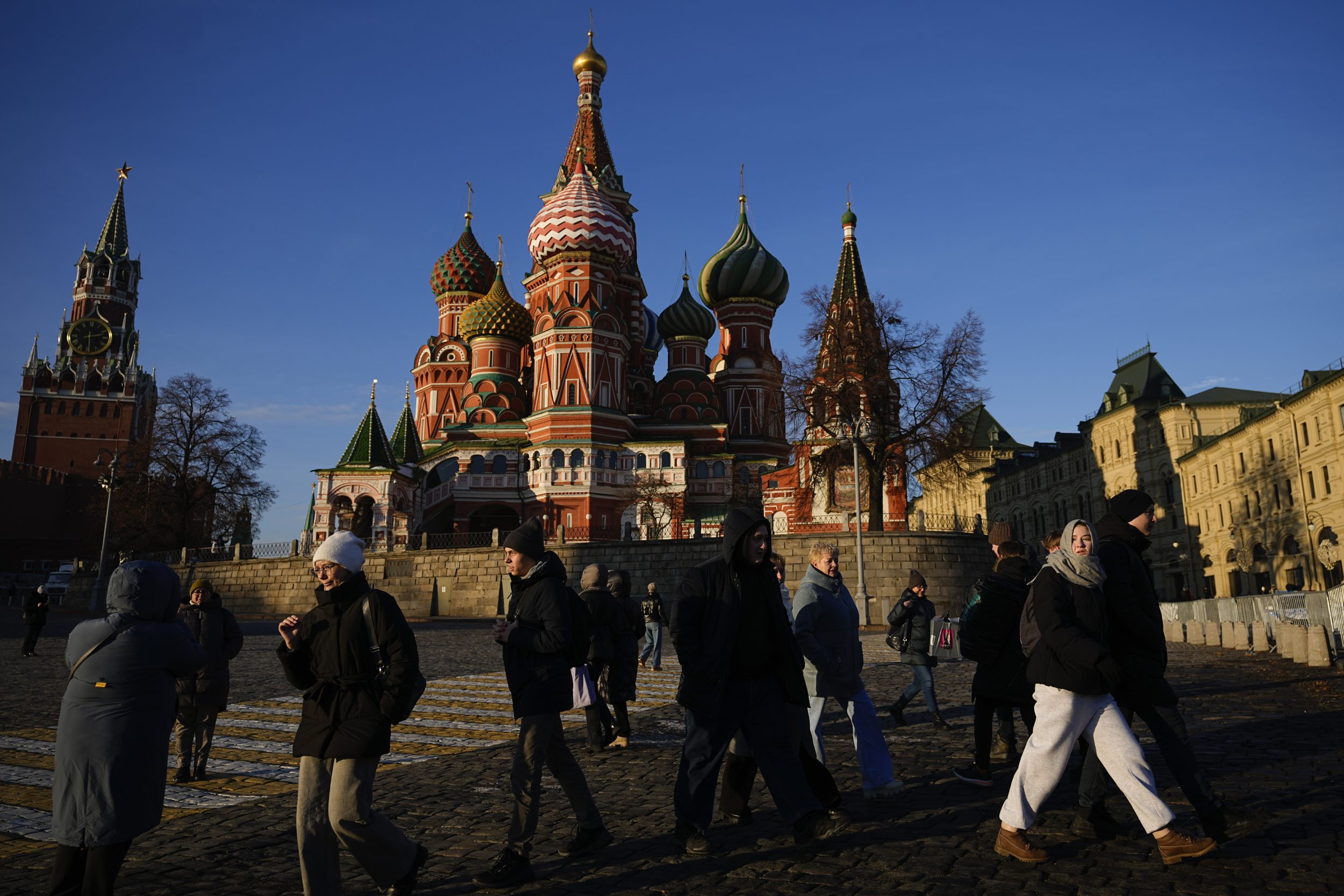ARTICLE AD BOX
Japanese organisation Nihon Hidankyo has been conferred with the Nobel Peace Prize 2024 for its efforts to achieve a world free of nuclear weapons.
The organisation is a grassroots movement of atomic bomb survivors from Hiroshima and Nagasaki, also known as Hibakusha, which strives to "achieve a world free of nuclear weapons and for demonstrating through witness testimony that nuclear weapons must never be used again".
While announcing this year's Peace Prize, the Norwegian Nobel Committee honoured the atomic bomb survivors from Hiroshima and Nagasaki for cultivating hope for peace through "their costly experience". "They help us to describe the indescribable, to think the unthinkable, and to somehow grasp the incomprehensible pain and suffering caused by nuclear weapons," the committee stated on X.
The committee also highlighted that no nuclear weapon has been used in war in nearly 80 years. Acknowledging Nihon Hidankyo's efforts towards the establishment of a nuclear taboo, the Nobel Committee also aid that the same is under pressure.
By drawing on personal stories, creating educational campaigns based on their own experience, and issuing urgent warnings against the spread and use of nuclear weapons, the organisation has helped consolidate opposition to nuclear weapons, said a Nobel Committee press release.
"The nuclear powers are modernising and upgrading their arsenals, new countries appear to be preparing to acquire nuclear weapons, and threats are being made to use nuclear weapons in ongoing warfare. At this moment in human history, it is worth reminding ourselves what nuclear weapons are: the most destructive weapons the world has ever seen," a press release stated.
Meanwhile, the 2024 Nobel Prize in Chemistry went to scientists David Baker, Demis Hassabis and John Jumper, while the Nobel Prize in Physiology or Medicine went to Victor Ambros and Gary Ruvkun for the discovery of microRNA and its role in gene regulation.
South Korean writer Han Kang, was awarded 2024 the Nobel Prize in Literature, "for her intense poetic prose that confronts historical traumas and exposes the fragility of human life."
American John Hopfield and British-Canadian Geoffrey Hinton won the Nobel Prize in Physics for pioneering work in the development of artificial intelligence. Shortly after the award's announcement, Hinton raised concerns about the technology he has created.
The prize comes with a gold medal, a diploma and a prize sum of $1 million (913,000 euro).
.png)
 1 month ago
1
1 month ago
1








 English (US)
English (US)